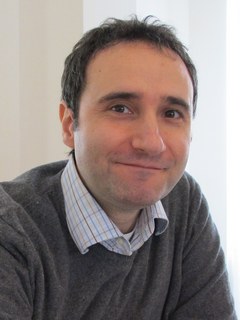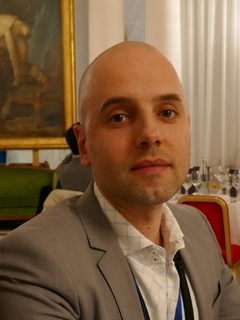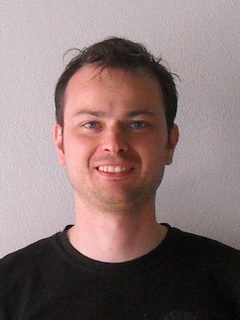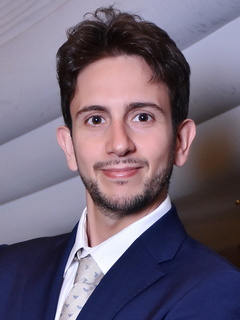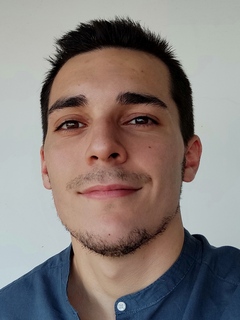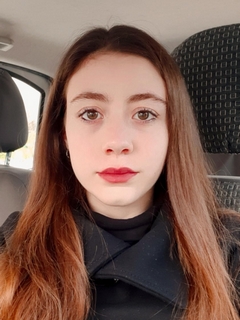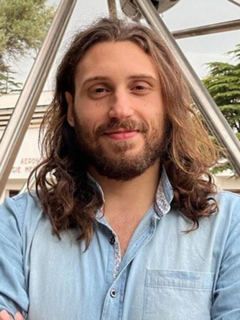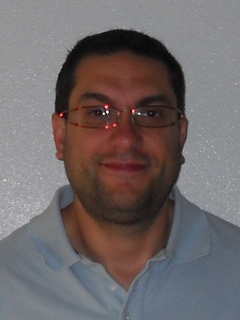Research Topics
The research group ES3 started its activity in late '90s about sensor interface ciruits and digital communications, with a special attention to industrial applications. More recently, the research activity is focused on the following three main topics.
Smart Grid and Renewable Energies
Since 2015, ES3 group has been involved in several founded research projects related to smart grids, building efficiency and monitoring (Building Management Systems), renewable energy sources with storage systems and metering, including electric vehicles (EVs) and the integration of Electric Vehicle Supply Equipments (EVSE) into the distribution grid.
The group has developed the first living lab of the University of Brescia, eLUX (Energy Laboratory as University eXpo). The lab is equipped with real-time ICT infrastructures for distributed monitoring, modeling and prognostics, including Power-Hardware in the Loop Real-Time Emulation.
Among other topics, communications for smart grids have been studied, with a focus on synchronization and real-time behavior. ES3 members are partners of the IEEE1588 working group. ES3 members also participate to the working group of the IEEE / PES SA P2418.5 Standard for Blockchain in Energy.
The ES3 group, together with the LAMI (Laboratory of Industrial Measurements) of University of Cassino and Southern Lazio (Italy), are involved in key activities of the MOST (National Center for Sustainable Mobility). ES3 takes care of the development and experimental characterization of sustainable, ICT-connected, PV-based charging stations (light, transportable and/or secure and/or 100% available) for e-bikes, LAMI deals with sensors and devices for estimating the SoX of batteries, including impedance spectroscopy, electromagnetic methods, and others.
More details about the research activities carried out by the ES3 members on these topics are available at the home page of the following research projects: SCUOLA, Brescia Smart Living, BS202020, ELISIR, Virtual-eGateway, MoSoRe, NG-UWB and MOST - Spoke 5.
Contacts: Stefano Rinaldi, Marco Pasetti
The Internet of Smart Things: IoT and IIoT
In the last years, wearable sensors and Internet of Things (IoT) are of great interest and the ES3 group has been involved in many financed projects on these topics (see Smart Aging, Smart Break, Smart Break 2, Smart ECG, #studioxlavita, and W2P2 projects).
The IoT is also affecting the industrial communications scenario, in agreement with the Industry 4.0 paradigm. The group expertise, including participations in IEC/CEI WGs, in the PROFIBUS-PROFINET Competence Center c/o CSMT, and the development of RTE solutions (as in the AIRnet project), influenced the activities in the Industrial IoT (IIoT) domain, as an evolution of legacy fieldbus solutions.
Recently, the group has been involved in research activities with software defined radios and simulators, in order to better study and exploit new low power technologies, as LoRaWAN, for smart cities and unconventional industrial applications.
The need for gateways in the IoT frameworks yielded to the project SAndroidE, where external sensors can be managed under Android OS as if they were embedded into mobile devices. SAndroidE is an open technology developed by the ES3 group (see Github) and it is supported by the Google Developer Group and IEEE Student Branch of Brescia.
The use of IoT sensors for monitoring the structural and energetic state of infrastructures and buildings has been exploited in ELISIR and MoSoRe projects, whereas an IoT-based control access system has been designed in S3 project.
Contacts: Paolo Ferrari, Dennis Brandão
Instrumentation for Health and Environment
ES3 group members design measurement instrumentation and solutions for different kinds of scenarios, such as environmental (see SWaRM-Net and AQMASC projects), health (see Smart ECG and UEFA projects) and structural (see MoSoRe project) monitoring.
Particular care is given to the design and characterization of innovative sensor interfaces, with both analog and digital (µC, DSP and FPGA) approaches. Some examples are: interface of gravimetric sensors with small frequency shift with respect to the baseline; interface of MOX devices with large-value sensor resistance (from few kilhoms to tens of gighoms); differential capacitive sensors with stray capacitance on the order of the sensor baseline.
ES3 group is involved in many activities in the health care and ambient assisted living, especially for elderly, often in cooperation with medical researchers. Smart ECG, Brescia Smart Living and Smart Aging are three financed projects concerning these topics.
Wearable devices and machine learning techniques are usually employed for data acquisition and processing, respectively. Examples of such activities are: the monitoring of vital parameters (ECG, respiratory rate, temperature) and stress conditions of non-professional racecar and motorbike drivers; supervision of fitness exercises with wearable IMU devices; neurodegenerative disease diagnosis through transcranial magnetic stimulation and EMG acquisition.
ES3 group members are inventors of several patents deriving from the research work in this topic.
Contacts: Alessandro Depari, Emiliano Sisinni


